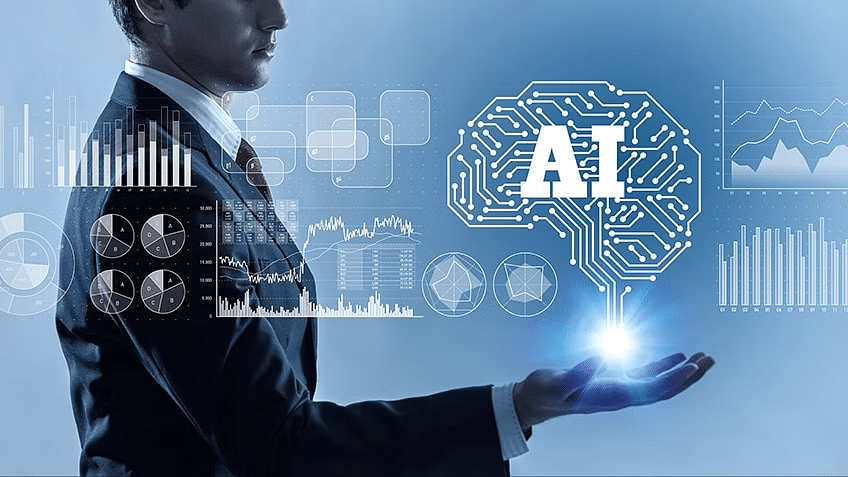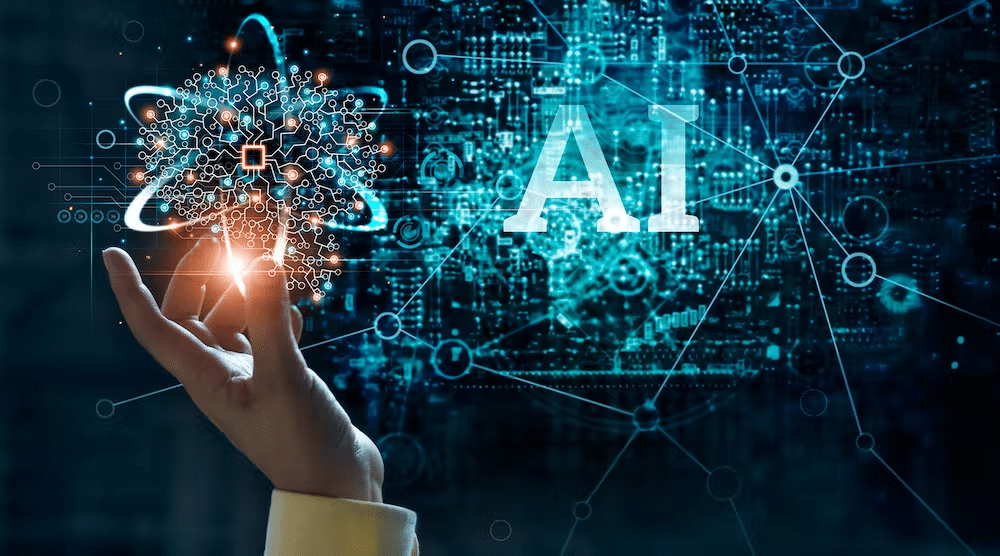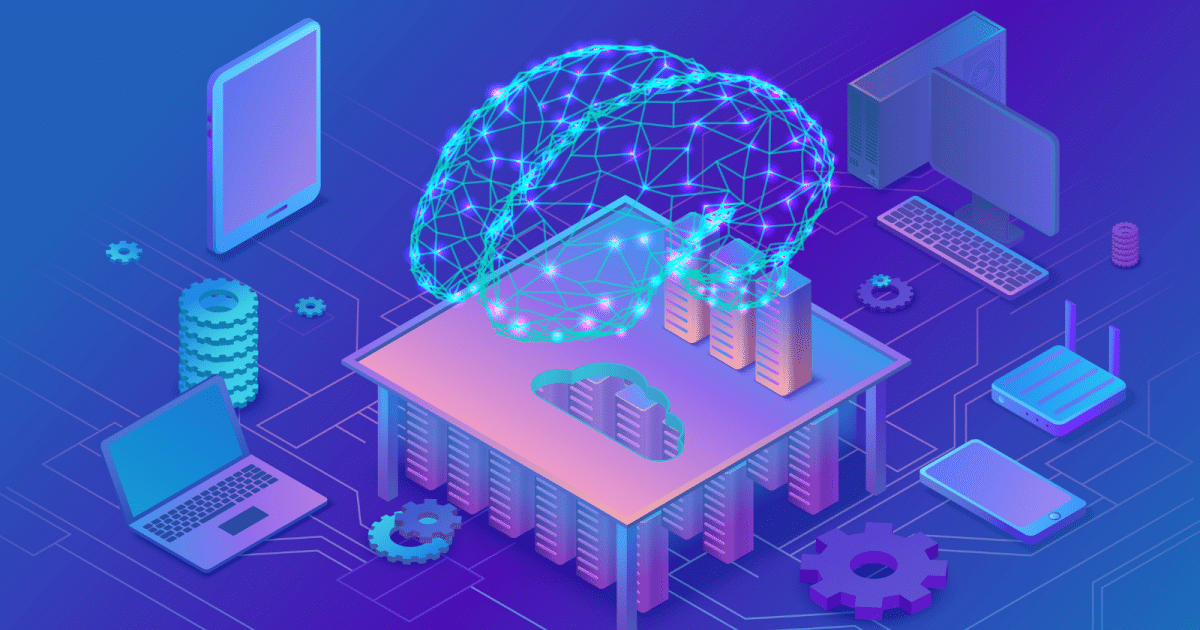
In today’s fast-paced world, product design plays a significant role in determining a product’s success. Product design is creating a product’s appearance, functionality, and usability. Product design aims to improve user satisfaction, reduce production costs, and increase product marketability. Product design is a complex process requiring significant investment, and companies constantly look for ways to streamline the process.
The rise of artificial intelligence (AI) has opened new possibilities for product design. AI can help companies optimize their design process by automating tasks and providing insights that humans may be unable to identify. AI can also help companies reduce costs by reducing the time it takes to design a product and minimizing the need for physical prototypes.
Convergence Consulting, a leading technology consulting firm, has been at the forefront of using AI for product design. Convergence Consulting has been helping companies across different industries leverage AI for product design, and the results have been impressive. One of the ways Convergence Consulting uses AI for product design is through generative design. Generative design is an AI-driven process that creates multiple design options based on input parameters. The process starts with defining the product’s requirements, such as weight, strength, and material properties. The AI algorithm then generates multiple design options that meet the requirements. The designs are evaluated, and the best option is chosen.

Generative design helps companies explore more options and optimize designs for specific needs. The traditional design process may only produce a few design options, but with AI, companies can examine hundreds or even thousands of options with AI. This helps companies find the best design option faster, reducing the design cycle and improving the time-to-market.
Another way Convergence Consulting uses AI for product design is through predictive analytics. Predictive analytics uses statistical algorithms and machine learning techniques to analyze data and predict future outcomes. In product design, predictive analytics can identify design flaws and potential failure points before the product is built.
Convergence Consulting uses predictive analytics to analyze data from simulations and tests to identify potential design flaws. By identifying these flaws early, companies can make design changes to prevent product failure and reduce the need for physical prototypes. This helps companies save time and money while improving the quality of their products.
Convergence Consulting also uses AI for product design through simulation. Simulation is the process of creating a virtual model of a product and testing it under different conditions. With AI, companies can make more accurate simulations considering multiple variables and scenarios.
Convergence Consulting uses AI-powered simulation to test product designs and identify areas for improvement. Companies can identify potential design flaws and make changes before building physical prototypes by simulating different scenarios. This helps companies reduce costs and improve the quality of their products.
Benefits of using Artificial Intelligence for Product Design
One of the benefits of using AI for product design is the ability to optimize designs simultaneously for different criteria. Traditional design processes may only optimize for one criterion at a time, but with AI, companies can optimize for multiple criteria simultaneously with AI. For example, a company may want to optimize a product’s strength, weight, and cost.
Convergence Consulting uses multi-objective optimization to help companies optimize their product designs for different criteria. Multi-objective optimization is finding the best solution that satisfies multiple objectives. With AI, companies can explore various design options that meet numerous criteria, helping them find the best solution faster.
In addition to these benefits, using AI for product design can also improve sustainability. Companies can reduce waste and material usage by optimizing strategies for multiple criteria. AI can also help companies identify sustainable materials and design options that minimize environmental impact.
Conclusion
AI can help optimize designs by analyzing data from various sources, such as customer feedback, market trends, and performance metrics, and suggest design improvements based on the insights gathered. This can lead to more efficient and effective product designs that better meet the needs of customers.
Moreover, AI can help automate certain aspects of the product development process, such as generating and iterating on design options, creating simulations and virtual prototypes, and even testing and validating product performance. This can significantly speed up the development process and reduce costs while improving overall product quality.
Overall, the integration of product design and AI has the potential to bring about exciting new possibilities and innovations in product development, and it will be fascinating to see how this trend evolves in the coming years.
Convergence Consulting has been helping companies across different industries leverage AI for product design, including automotive, aerospace, and consumer products. For more detailed information and how to implement this and other tools that increase the efficiency and productivity of your R&D, visit the Convergence Consulting website and contact us at [email protected].


Leave a Reply